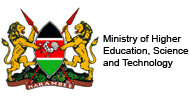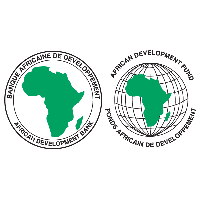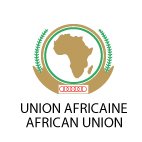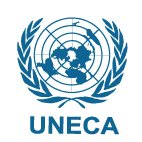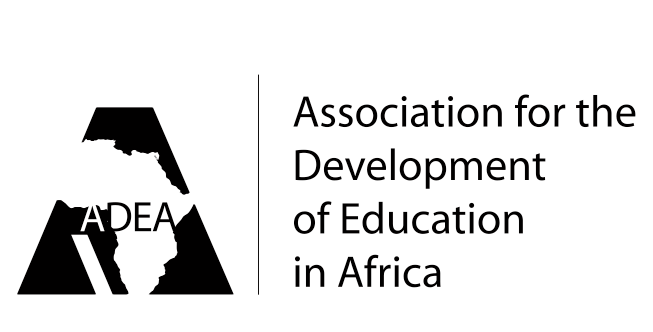- English
- Français
Nurturing critical thinking and science early on
Critical thinkers and scientific innovators cannot be made overnight iat higher education level. They must be nurtured through long-term strategies that start right at the basic level of education where interest and positive attitude towards MSE is formed while a scientific culture is cultivated says Daniel Muraya, Coordinator, Research and Development of CEMASTEA’s Strengthening of Mathematics and Science in Secondary Education (SMASE) Project based in Nairobi.
High quality Mathematics and Science Education (MSE) at the basic level of education is therefore important to develop critical thinking skills and scientific literacy, which are pre-requisites
However, discourse in Africa suggests that graduates of STEM lack in critical thinking skills and are not innovative. They are inadequately prepared and require re-training once they join the workforce. The quality of human resource in STEM at Institution of Higher Education is a reflection of the quality of MSE at basic education. Therefore, it is important to consider how learners at the basic level of education are nurtured to become critical thinkers and scientific innovators.
Concern about poor quality MSE at basic education in Kenya started in the 1990s and needs assessment identified poor teaching methods, negative attitudes towards MSE, inadequate teaching and learning resources, poor mastery of teaching subject and few interactive fora for teachers as contributory factors. This led to inception of Strengthening of Mathematics and Science in Secondary Education (SMASSE) Project, a technical cooperation between Ministry of Education, Science and Technology (MoEST) and Japan International Cooperation Agency (JICA). The objective was to improve ability of learners in MSE through In-service Training and Education of Teachers (INSET) and the project was implemented in two phases from 1998-2008 and subsequently became institutionalized as a programme of the Ministry of Education. The Project designed ASEI-PDSI approach an acronym for Activity, Student, Experiment and Improvisation (ASEI) and Plan, Do, See and Improve (PDSI) to shift from knowledge based teaching to activity based learning, teacher centred to learner centred, chalk and talk to experiments and improvisation. ASEI-PDSI approach is meant to transform learners from passive recipients of knowledge to active critical thinkers, scientific innovators and creators of knowledge.
During implementation phase, technical exchange visits in the region revealed that countries experienced similar challenges in MSE creating an opportunity for collaboration. Consequently the 1st and 2nd Regional Conferences in 2001 and 2002 respectively were organized in Nairobi and the major outcome was Strengthening of Mathematics and Science in Secondary Education in Western, Eastern, Central and Southern Africa (SMASSE WECSA) association. During the 11th Regional Conference in December 2011, the name changed to SMASE Africa. Activities of SMASE Africa include capacity building, networking, analytical work, information dissemination and advocacy. Capacity building focus on teacher development through INSET based on ASEI-PDSI, an innovative teaching and learning approach. Education managers are sensitized through workshops on support and advocacy for MSE at school and local levels while technical assistance is done through resource personnel exchanges in the region.
Findings from analytical work indicate that quality of INSET has improved teachers’ attitude towards teaching, while practice of ASEI-PDSI has improved learners’ participation, attitude, and test scores. Membership of SMASE Africa has increased from 11 to 34 since 2001 while over 1300 educators have been trained at CEMASTEA. Twelve countries have started SMASE-type initiatives while 16 have benefited from technical assistance by Third Country Experts. Meanwhile 11 Regional Conferences, several technical workshops and exchange visits have been conducted.
Challenges that hamper effective implementation of SMASE Africa activities include inadequate funding, lack of political goodwill and leadership, lack of policy and institutional framework, shortage of physical infrastructure and human resources, poor identification of participants and institutions and language barrier. Consequently, SMASE Africa has developed a 5 year strategic plan (2014-2018) with the following priority areas: establishment of CEMASTEA as an International Training Centre in Mathematics and Science Education at Basic Education in Africa with Regional Training Centres in the 4 Language blocks of Africa, strengthen programme implementation, intensify advocacy for MSE, establish networks and collaboration, integrate ICT in training programmes, conduct research on strategic areas and expand revenue base. A budget of USD 16.3Million is proposed for the 5 year strategic period and development partners are invited to join hands with us in this noble initiative.

